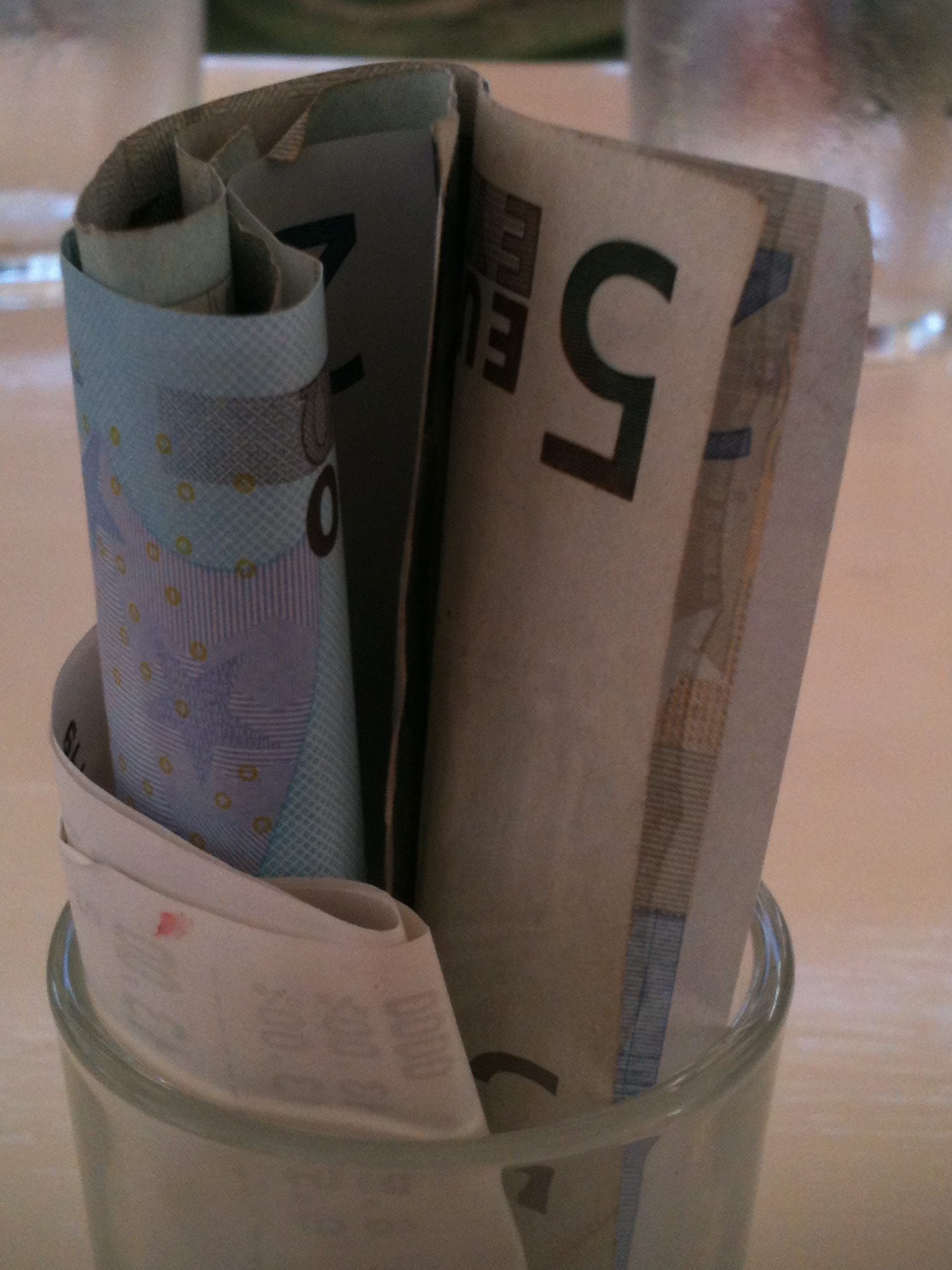Paying
If anyone is still paying for any aspect of his or her summer holiday with a cheque in 2030 we’d be surprised. Paper forms of payment seem to be disappearing faster than the Maldives. A few die hard coin and paper note hoarders will no doubt survive, but most will be paying with plastic (Credit and debit cards), direct electronic debits or some form of virtual or private currency. Once on holiday the same pattern is likely to persist, unless travellers go totally off the beaten tourist trail. Whether or not the Euro will still exist in 2030 is unclear, but if you are a betting type if might be worth digging out a few old Drachma from the ‘Man Drawer’ and placing a bet that it won’t – certainly not in its current form.
Something far more certain is that an increasing number of payments, especially for cheaper holidays or shorter breaks, will be made via mobile devices, especially phones. The idea of turning a phone into a wallet has been around for a while, but by the end of the current decade we’d expect significant steps in this direction, especially with the development of Near Field Communications (NFC).
In 2013 a patent was filed by an American consortium developing a technology whereby a mobile device senses a gesture performed by the user with the mobile device and modifies it accordingly flag an item for review during the transaction, cancel the transaction, receive a subtotal for parts of it, and so on. So going further into the future, even micro-payments and pre-pay might appear old fashioned if we end up having our life savings (or debts) embedded in our bodies with the ability to move money in and out with a physical handshake.
One final thought about money. In some ways the travel industry is very vulnerable to short-terms shocks, but in another it is extraordinarily resilient.
The economy and the amount of disposable income in peoples’ pockets is clearly a major factor impacting whether or not and how people go on holiday.
However, the fact of the matter is that when times are good people have the money to spend and when times are bad economically there is in a sense even more need to escape.
To be continued…

